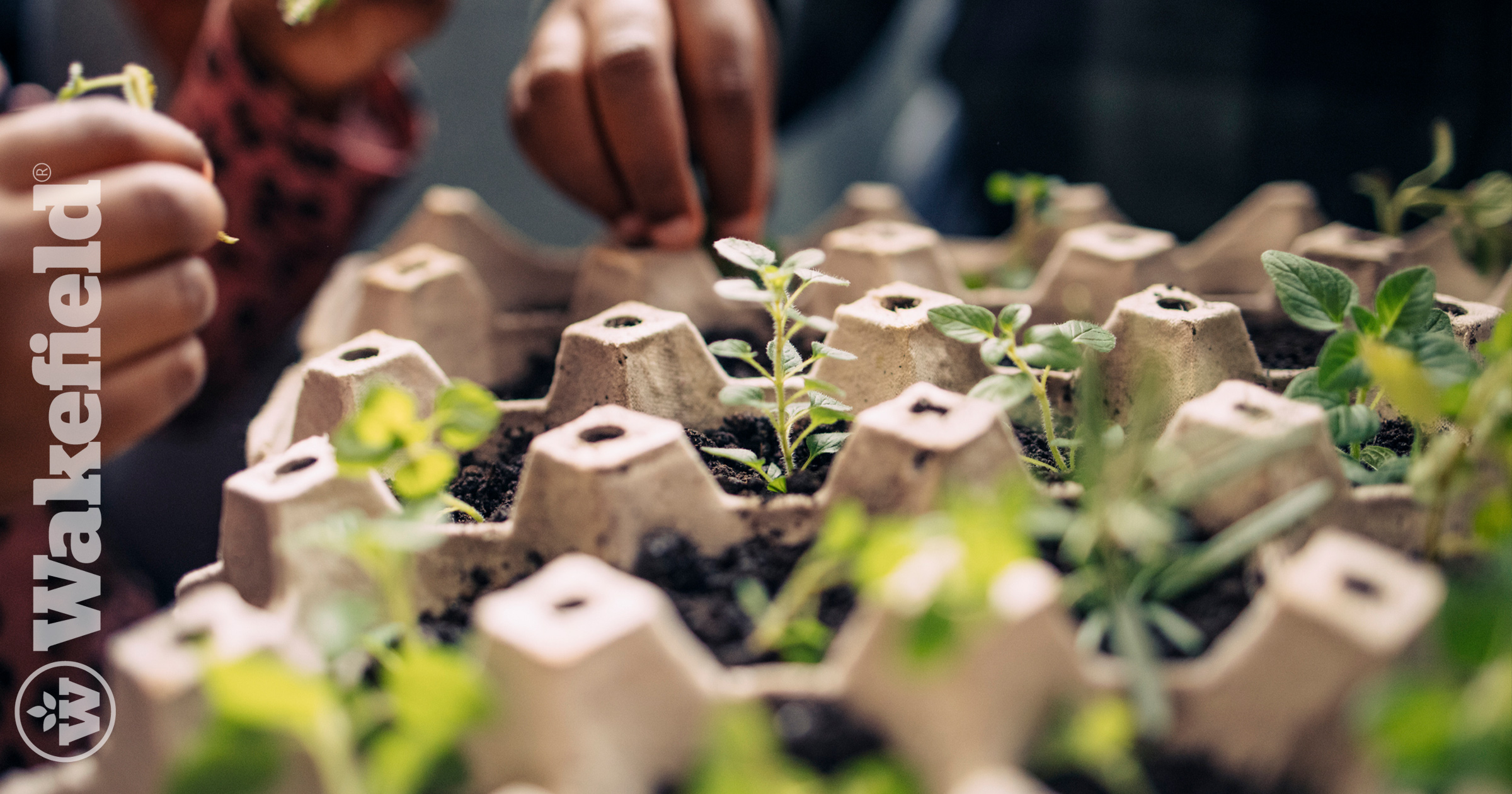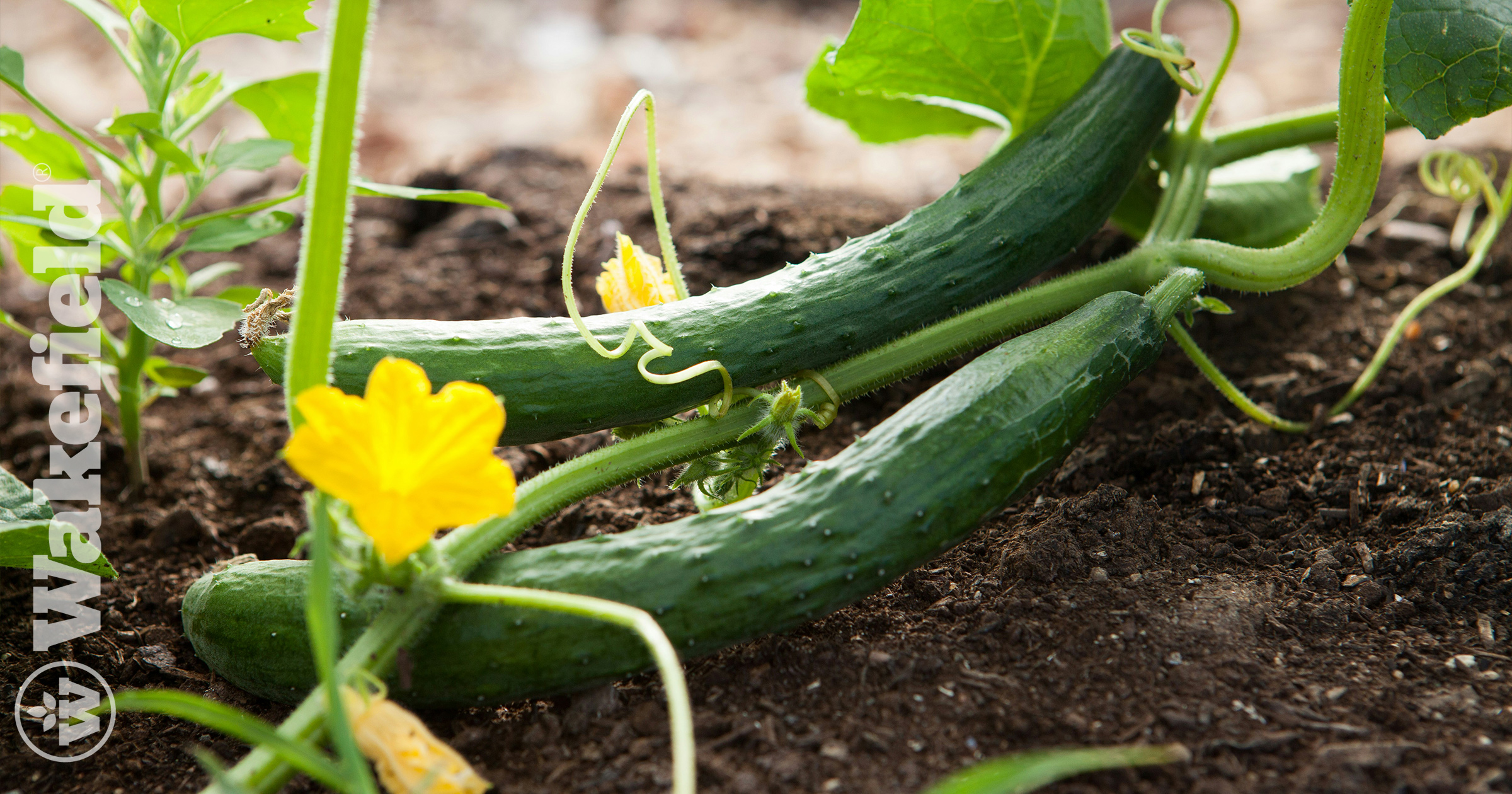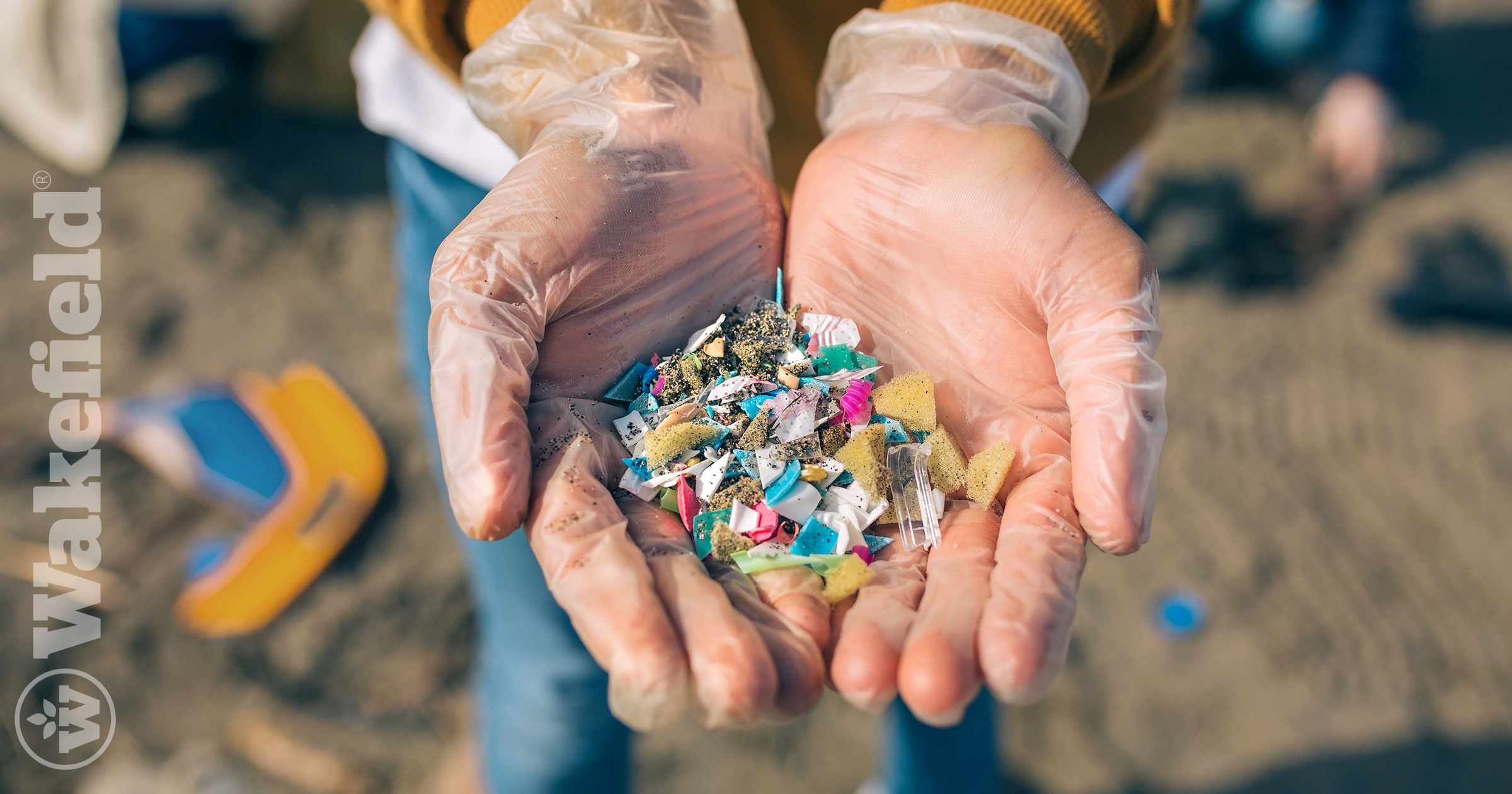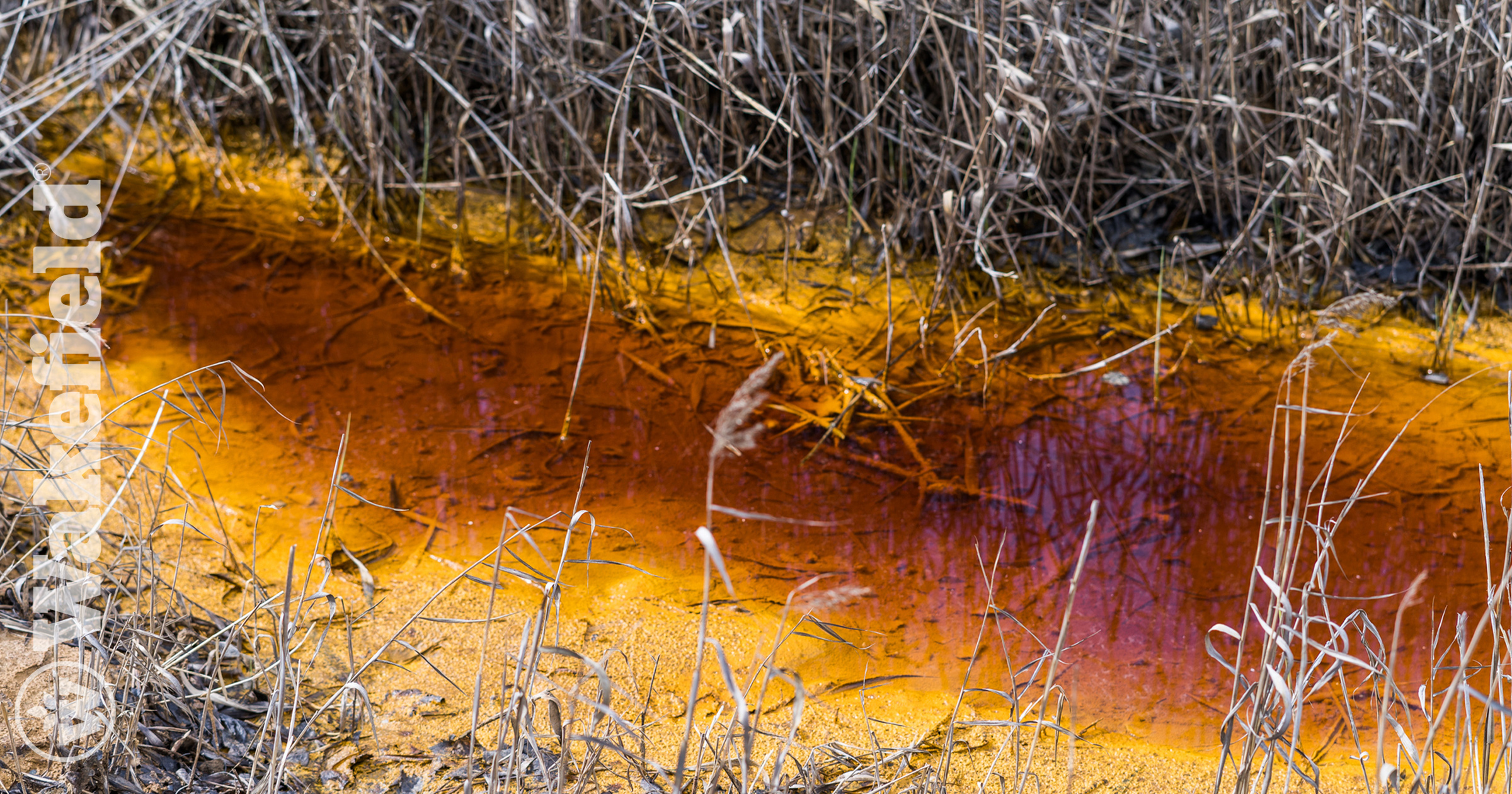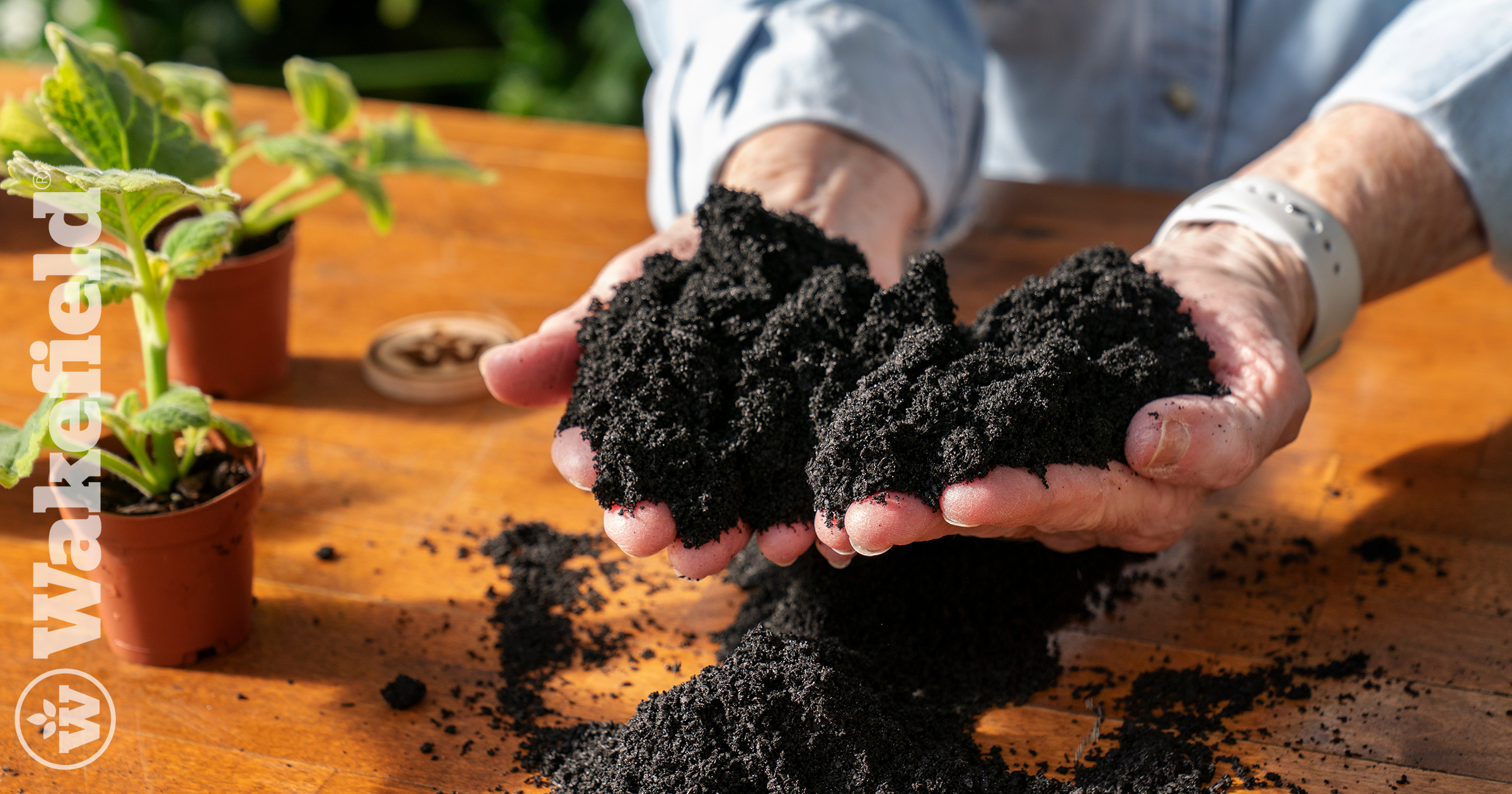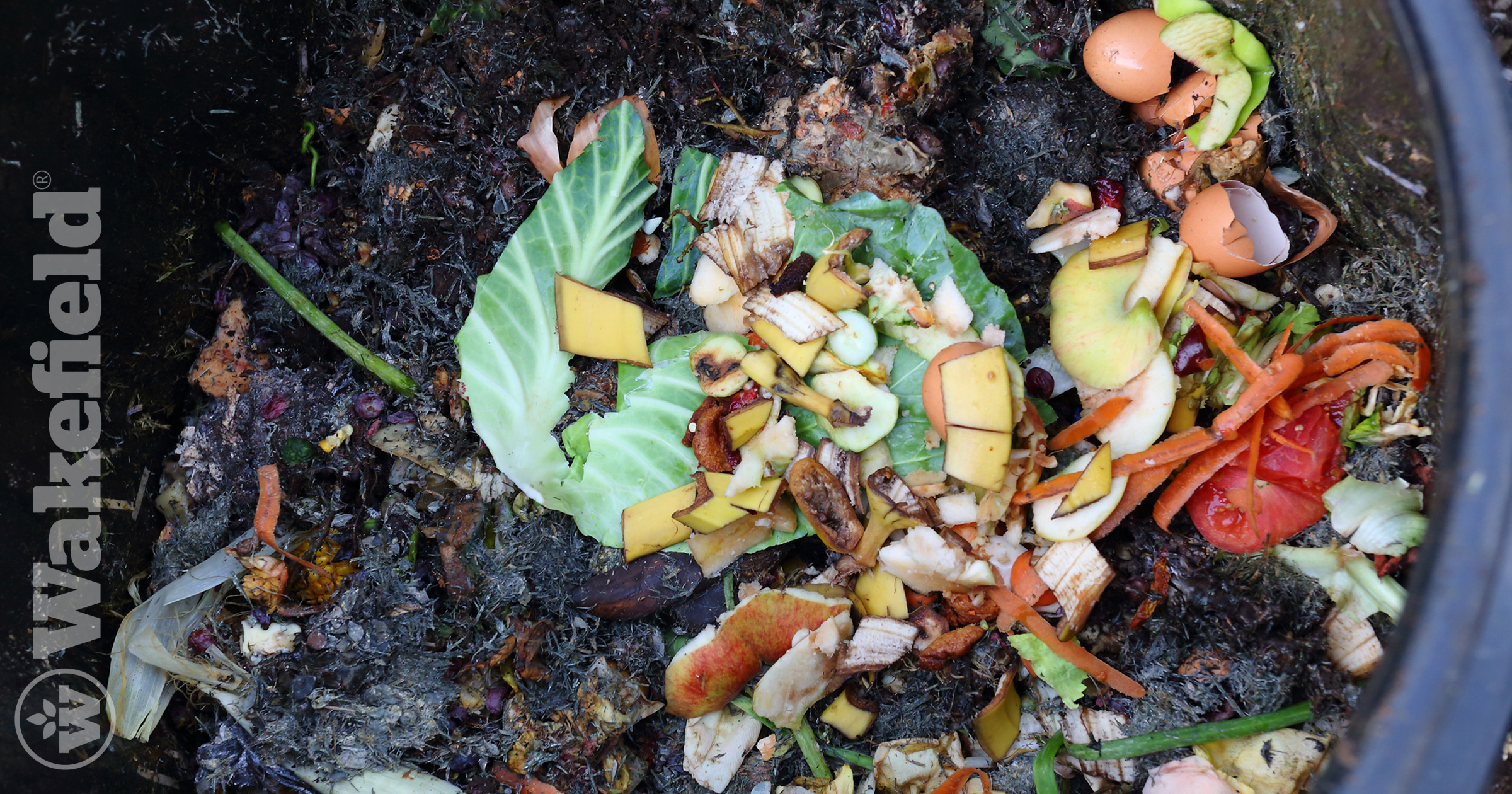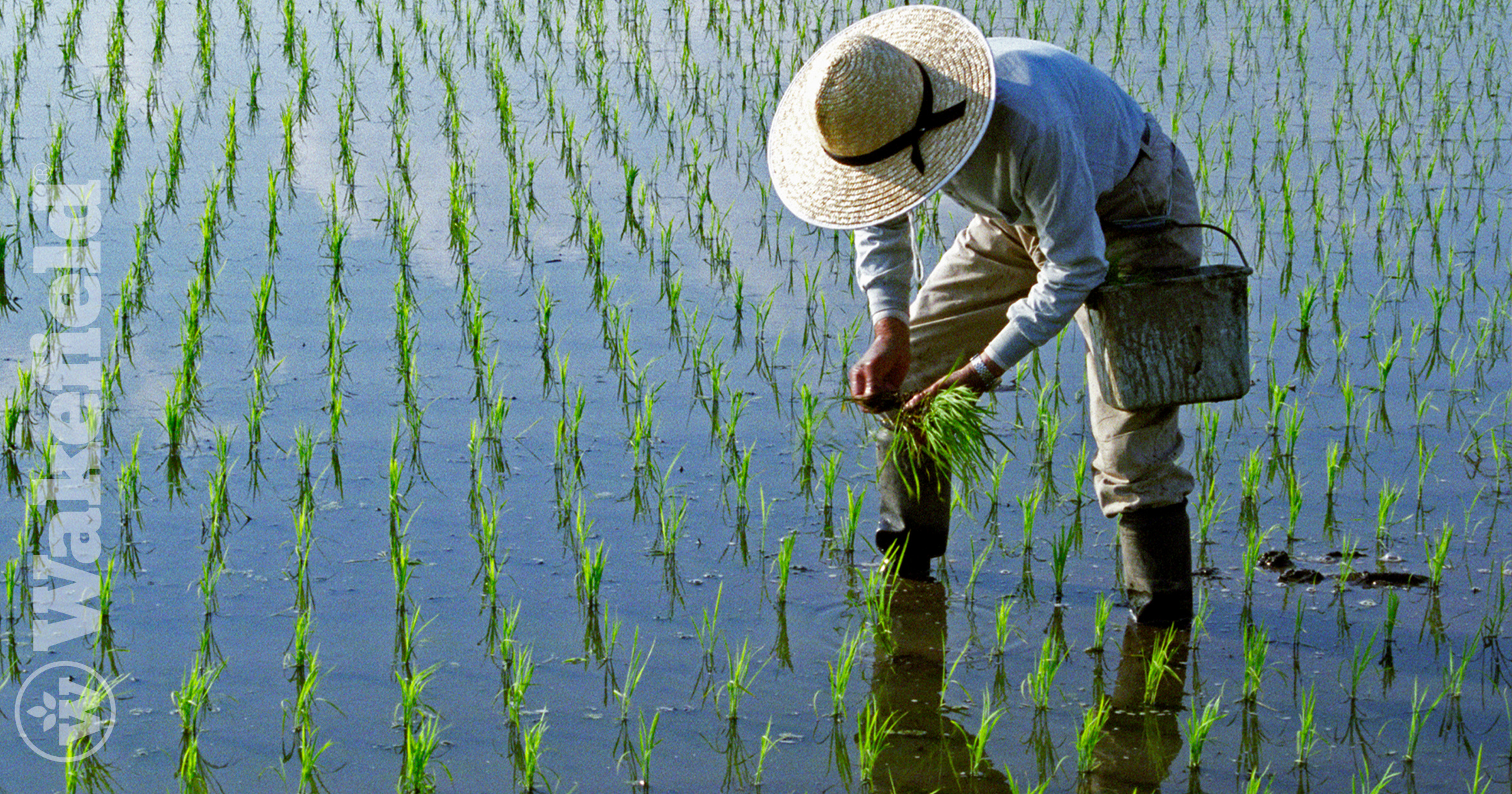
Learning Center
Explore practical articles, expert insights, and step-by-step guides to enhance your gardening.
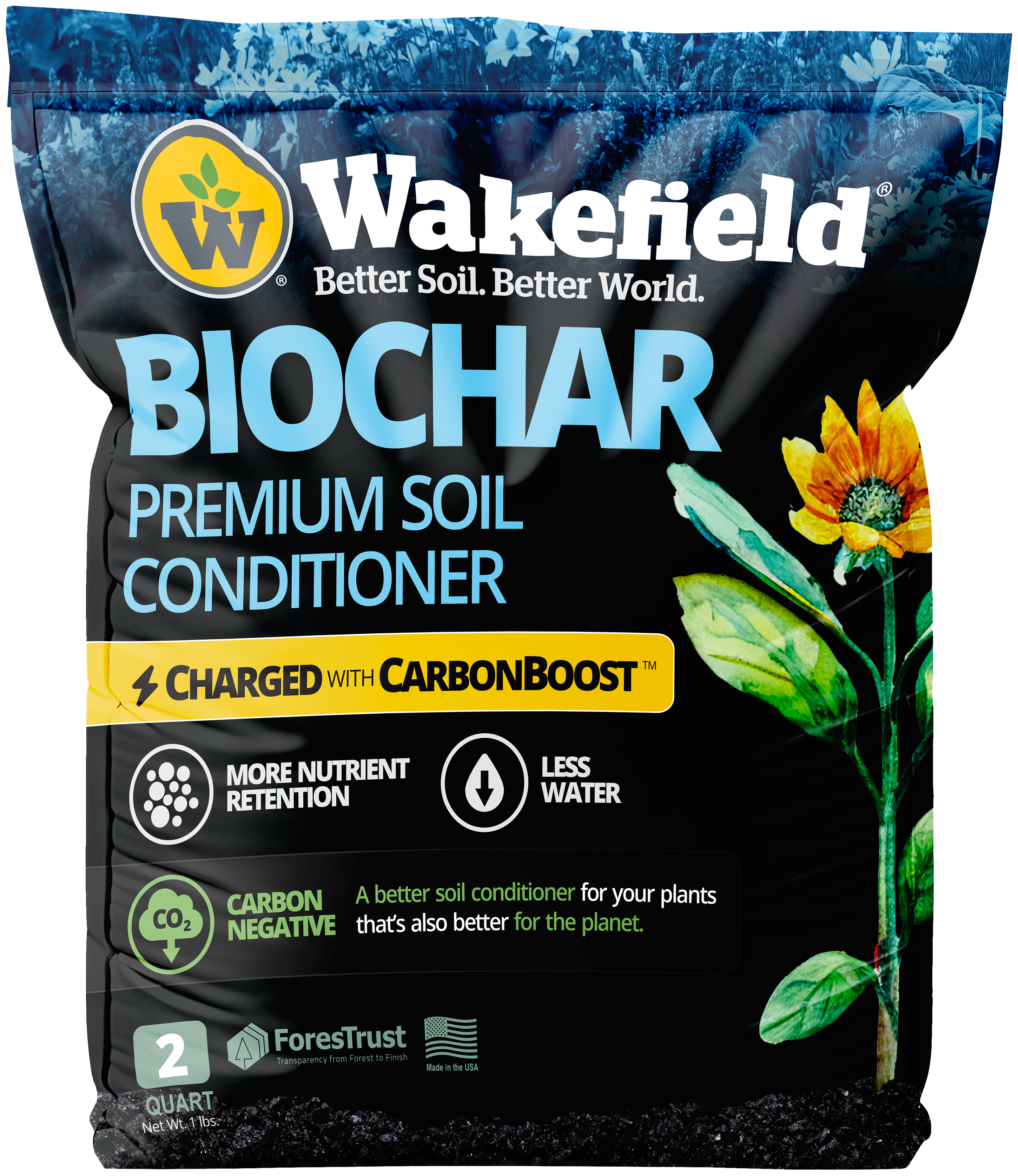

Learning Center Topics
The following articles appear under the The Science of Biochar category:
Back-to-School DIY: Egg Carton Seedlings with a Sustainable Twist
As the new school year kicks off, it’s time to unleash some creativity and teach the kiddos about sustainability with a project that’s both messy and magical! We’re talking about getting their hands dirty while learning how to grow something green. And guess what? You don’t need to buy anything fancy—just grab that old egg […]
What is Pyrolysis?
Pyrolysis involves heating organic materials without oxygen, decomposing them through heat alone, unlike burning which requires oxygen.
Biochar’s Role in Boosting Water Retention
High-interporosity biochar significantly boosts water retention in coarse soils, especially when combined with compost and cover cropping.
Biochar as a Sustainable Product for the Removal of OdorEmissions
Biochar is a sustainable product that can be effectively used in various systems to remove odors.
Role of Biochar in Alleviating Microplastic Toxicity
Discover how biochar helps alleviate microplastic toxicity in soil, promoting a healthier environment.
Amendment of biochar reduces the release of toxic elements underdynamic redox conditions in a contaminated floodplain soil
Biochar can transform contaminated soils by reducing harmful elements, improving soil health, and protecting water quality, all while helping to fight climate change.
Research confirms biochar benefits
Discover the latest research that confirms the numerous benefits of biochar for soil health and agricultural productivity.
Biosolids and phosphate remediation with biochar
Biosolids, when treated with biochar, become a potent tool for phosphate remediation, harnessing the power of nature to mitigate water pollution and restore ecological balance.
Compost + Biochar
Combining compost with biochar enhances soil fertility, creating a powerhouse blend that nourishes plants and promotes sustainable gardening.
Using less chemical fertilizer with biochar improves soil and boosts yields
Researchers found that moderate biochar use in rice farming improves soil quality and yields, while excessive amounts are less effective, highlighting the need for balanced biochar application to reduce reliance on chemical fertilizers.
